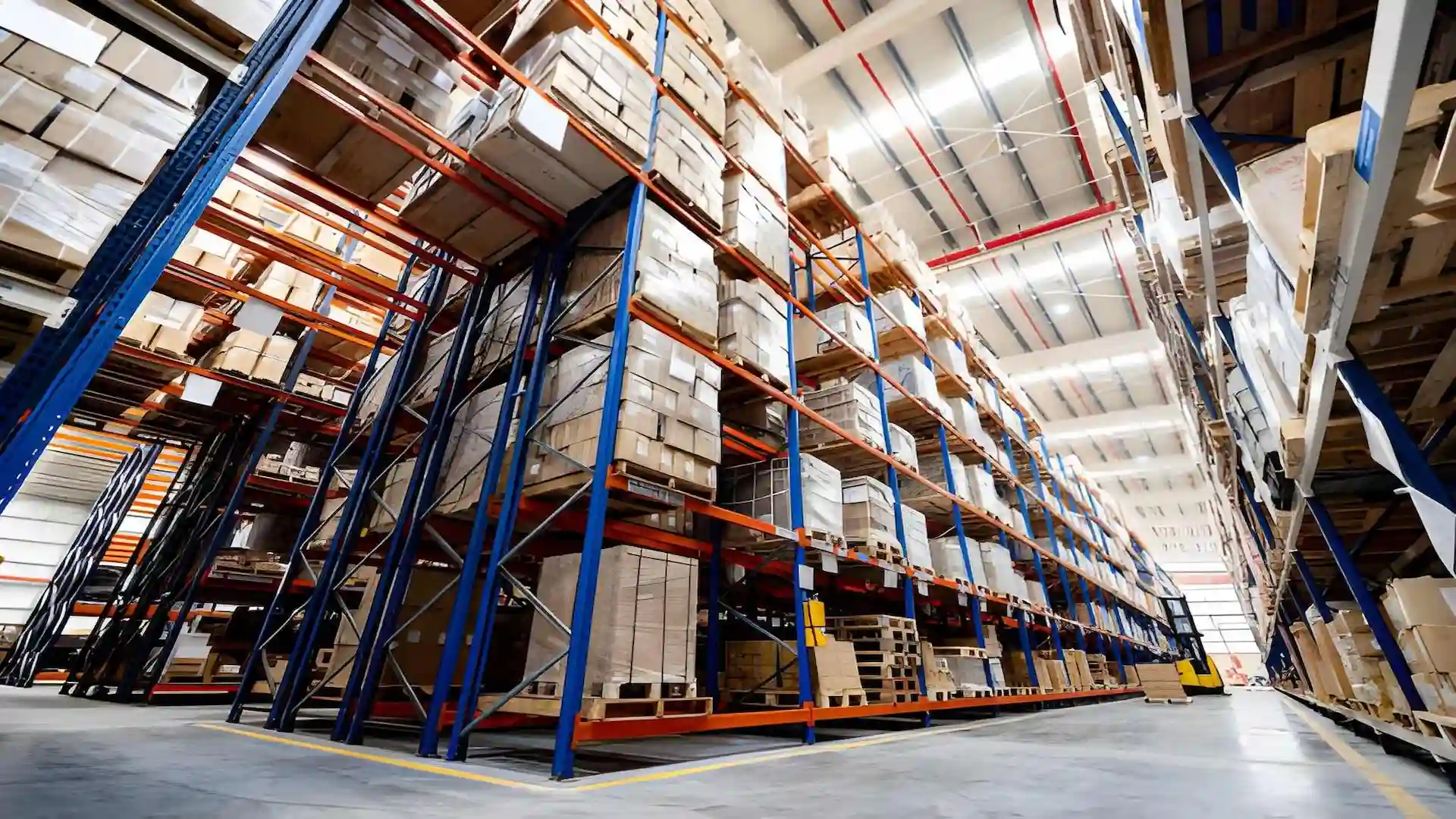Amazon FBA vs FBM: Which is Right for Your Ecommerce Business?
.webp)
For many ecommerce entrepreneurs, Amazon provides a powerful platform to reach millions of customers. However, one of the most critical decisions sellers face is choosing between Fulfilled by Amazon (FBA) and Fulfilled by Merchant (FBM). Each fulfillment method has unique advantages and disadvantages that impact costs, logistics, and overall business strategy.
At Atomix Logistics, we help ecommerce brands scale efficiently. This guide will break down Amazon FBA vs FBM, helping you determine which model is the best fit for your business.
What is Amazon FBA?
Fulfilled by Amazon (FBA) is a fulfillment service where sellers ship their inventory to Amazon, and Amazon handles storage, packaging, shipping, customer service, and returns. This allows sellers to focus on sales and marketing while leveraging Amazon’s extensive logistics network.
Pros of Using Amazon FBA
- More Time for Business Growth – Sellers can focus on advertising, marketing, and product development instead of handling logistics.
- Amazon Prime Eligibility – FBA products qualify for 1-2 day Prime shipping, increasing visibility and conversions.
- Higher Buy Box Winning Potential – Amazon prioritizes FBA listings for the Buy Box, which significantly boosts sales.
Cons of Using Amazon FBA
- High Fees – Amazon charges for storage, picking, packing, and shipping, reducing profit margins.
- Limited Inventory Control – Sellers cannot inspect or directly manage inventory once it’s in Amazon’s fulfillment centers.
- Strict Amazon Policies – Amazon enforces packaging and compliance guidelines, leading to potential product rejections.
What is Amazon FBM?
Fulfilled by Merchant (FBM) allows sellers to store, package, and ship their products themselves or through a third-party logistics (3PL) provider. Unlike FBA, sellers retain full control over inventory and fulfillment operations.
Pros of Using Amazon FBM
- Greater Control Over Order Fulfillment – Sellers oversee inventory management, shipping, and customer service.
- Higher Profit Margins – With no Amazon storage or fulfillment fees, sellers keep more of their earnings.
- Flexibility to Sell on Multiple Channels – FBM sellers can expand beyond Amazon to other marketplaces, websites, and retail stores.
Cons of Using Amazon FBM
- Customer Service & Returns Management – Sellers must handle customer support and product returns on their own.
- No Automatic Prime Eligibility – FBM listings do not qualify for Prime shipping unless approved for Seller Fulfilled Prime (SFP).
- No Built-in Amazon SEO Boost – FBA products typically rank higher in search results due to Amazon’s fulfillment preference.
Amazon FBA vs FBM: Side-by-Side Comparison
"According to Marketplace Pulse, over 90% of Amazon sellers use FBA for at least some of their products, while only around 30% rely solely on FBM." - Marketplace Pulse
FBM with a 3PL: The Best of Both Worlds
For sellers who want the cost savings of FBM without the burden of self-fulfillment, partnering with a third-party logistics (3PL) provider is an ideal solution.
Benefits of Using a 3PL for FBM
- Outsourced Fulfillment – A 3PL handles storage, packing, and shipping, reducing operational stress.
- Lower Costs – Compared to FBA fees, 3PL fulfillment can be more cost-effective, especially for large or slow-moving inventory.
- Multi-Channel Selling – Sell on Amazon, Shopify, Walmart, and other marketplaces without being tied to Amazon’s fulfillment network.
Many successful brands use a hybrid approach, selling high-volume products via FBA for Prime benefits while using FBM with a 3PL for larger, lower-margin products.
How to Choose Between Amazon FBA and FBM
Choose FBA if:
- You sell small, fast-moving products
- You want Amazon to handle fulfillment and customer service
- You need Prime eligibility to boost conversions
- You prefer a hands-off approach to logistics
Choose FBM if:
- You sell large, bulky, or slow-moving products
- You want full control over order fulfillment and branding
- You prefer higher profit margins and lower fees
- You want to sell across multiple platforms
Consider a 3PL if:
- You need help with logistics but don’t want FBA fees
- You want to scale operations without managing warehouses
- You sell through multiple sales channels beyond Amazon
Final Thoughts
Deciding between Amazon FBA vs FBM depends on your business model, product type, and growth strategy. FBA provides convenience and Prime benefits, while FBM allows for greater control and cost savings.
If you want the best of both worlds, partnering with a 3PL like Atomix can give you the flexibility of FBM with the efficiency of outsourced logistics.
Need expert fulfillment solutions?
Get your free fulfillment quote today! Reach out to Atomix to learn how our Amazon Prep Services can help you streamline fulfillment and grow your ecommerce business.
Frequently Asked Questions (FAQs)
Is it cheaper to use FBA or FBM?
It depends on the product. FBA is cost-effective for small, high-turnover items, while FBM is better for bulky, slow-moving, or high-margin products.
Can I switch between FBA and FBM?
Yes, many sellers use a hybrid approach, utilizing FBA for some products and FBM for others. You can switch fulfillment methods based on your business needs.
Do FBM sellers qualify for Amazon Prime?
FBM sellers do not automatically qualify for Prime, but they can apply for Seller Fulfilled Prime (SFP) if they meet Amazon’s strict performance criteria.
Does Amazon favor FBA over FBM?
Amazon’s algorithm tends to prioritize FBA listings in search rankings and Buy Box visibility. FBM sellers must optimize pricing, fulfillment speed, and SEO to remain competitive.
What is the best fulfillment option for a new Amazon seller?
For beginners, FBA is often the best choice because it simplifies fulfillment and increases product visibility. However, if you have high-margin or large products, FBM might be a better option.

.svg)
.svg)
.svg)


.webp)

